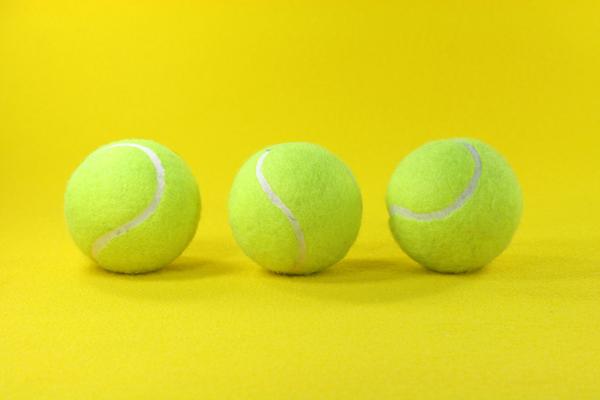Does Grunting Help Tennis Players Win?

If you were to listen to the grunting and screaming of a recent professional women's tennis match from the other room, you might not be sure if players like Maria Sharapova or Serena Williams are serving a tennis ball or involved in a cage-fighting match.
And you're not the only one who has noticed. This week at Wimbledon, Ian Ritchie, the chief executive of the All England Lawn and Tennis Club, let his distaste for player grunting be known. "The players have an ability to complain about it — if one player is grunting too much and the other player doesn't like it and it is distracting, they can complain to the umpire," he told the Daily Telegraph.
Tennis great Martina Navratilova summed up the problem with grunting in a Sunday Times column last year: "It affected my game because to me it is important to hear the ball hit the racket; you can hear a bad shot before you can see it and the sound is an imperative part of the game."
Ritchie and the players who make these complaints might have scientists on their side: a recent study has shown that distracting noises during tennis games can affect an opponent's performance. [READ: How Does Caffeine Improves Athletic Performance]
Scott Sinnett, assistant psychology professor at the University of Hawai'i at Manoa, wanted to validate the claims that grunting was indeed distracting enough to affect performance, so he asked 33 undergrad tennis players to view videos of a tennis shot being hit toward them and to quickly judge whether the ball would go to their left or right.
After measuring their response and accuracy when only hearing the sound of the ball on the racket, he then introduced an extraneous noise similar to a grunt at the instant the ball was struck. The students' response time and accuracy of direction prediction decreased significantly when the sound was included.
"This is the first study to look at the issue of grunting in tennis. Our current work is also looking at how advanced and professional tennis players perform, to determine if they have developed any strategies to limit the negative effects of a grunting opponent," Sinnett said.
Sign up for the Live Science daily newsletter now
Get the world’s most fascinating discoveries delivered straight to your inbox.
In defense of the grunters, their coaches and trainers claim it helps a player's timing and physiological release of hitting the ball. "The timing of when they actually grunt helps them with the rhythm of how they're hitting and how they're pacing things," said Louise Deeley, a sports psychologist at Roehampton University, in an interview in The Guardian. "It may be that their perception is that if they grunt, they are hitting it harder. It's going to give you confidence and a sense of being in control of your game."
Others describe it as the normal breathing pattern of an athlete. "I prefer to use the word 'exhaling.' I think that if you look at other sports, weightlifting or doing squats or a golfer when he executes the shot or a hockey player, the exhaling is a release of energy in a constructive way," said Nick Bollettieri, who has been tennis coach to 10 No. 1 players, speaking to the BBC News Magazine. "If you hold your lips tightly, you're not breathing and you become very tense and less flexible so you get tight more quickly."
So like it or hate it, unless Wimbledon's rules take hold, it seems like we're stuck with the grunting.
This story was provided by Life's Little Mysteries, a sister site to LiveScience. Follow Life's Little Mysteries on Twitter @llmysteries, then join us on Facebook. Dan Peterson writes about sports and science at Sports Are 80 Percent Mental.










